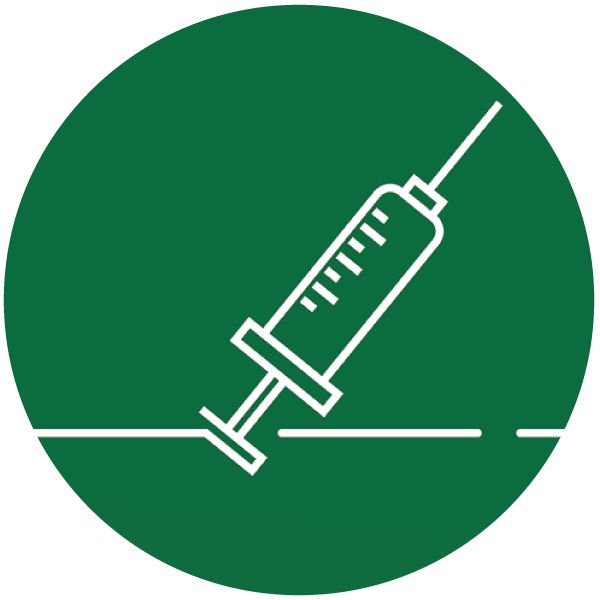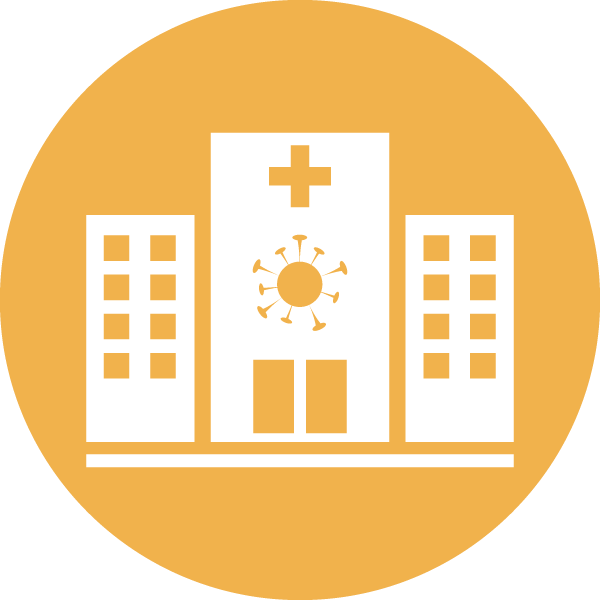COVID-19 is a viral infection that primarily affects the lungs. Some people may have a mild illness. Others may get very sick, including seniors or people with a pre-existing health condition.
- Staying up-to-date on vaccinations and following public health measures and advice can help protect you and others from respiratory viruses like COVID-19.
- Use the Ontario COVID-19 Self-Assessment Tool for recommendations on what to do if you’ve been exposed, have symptoms or for screening.
Contact Us








